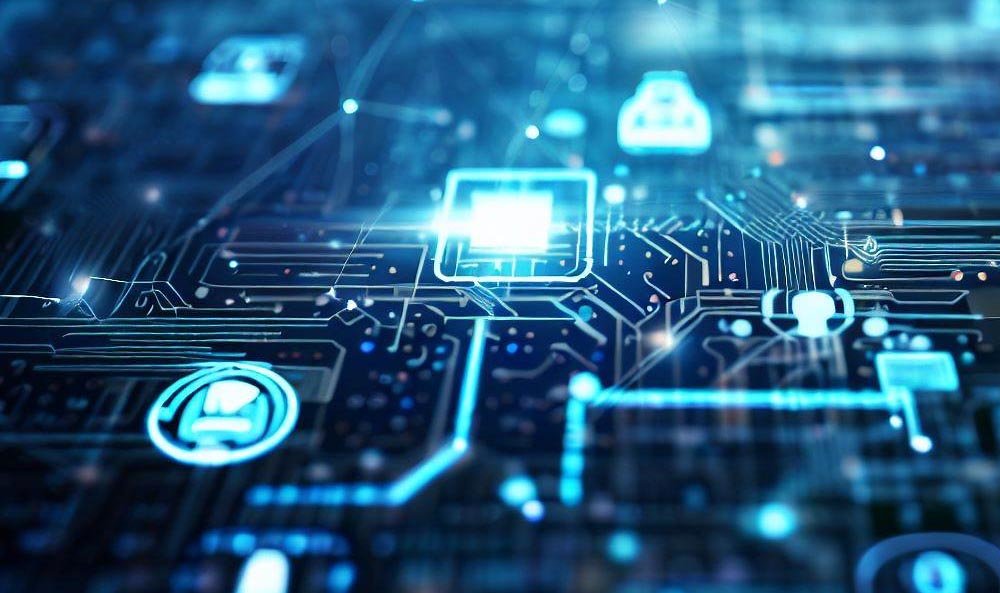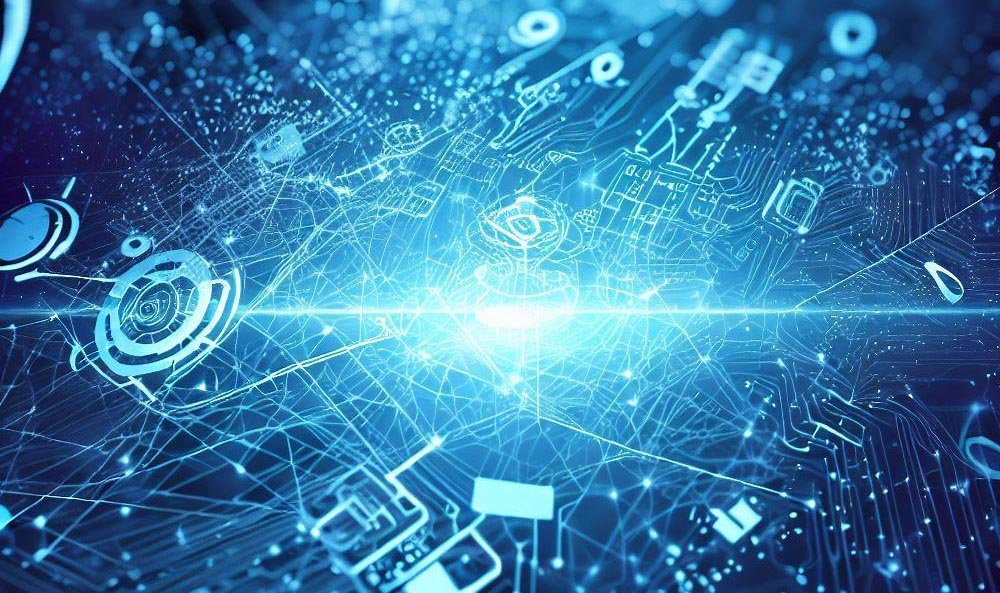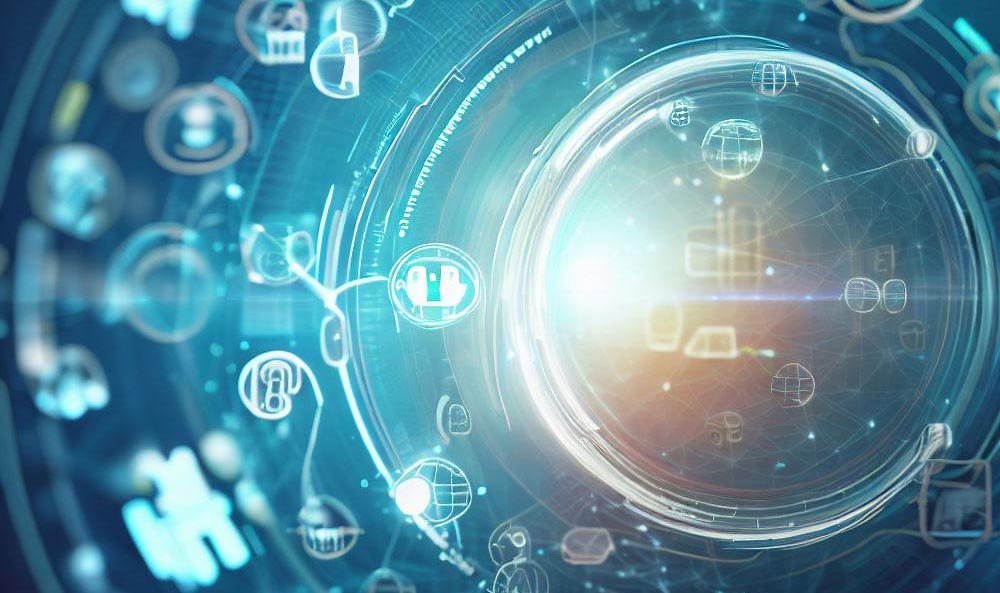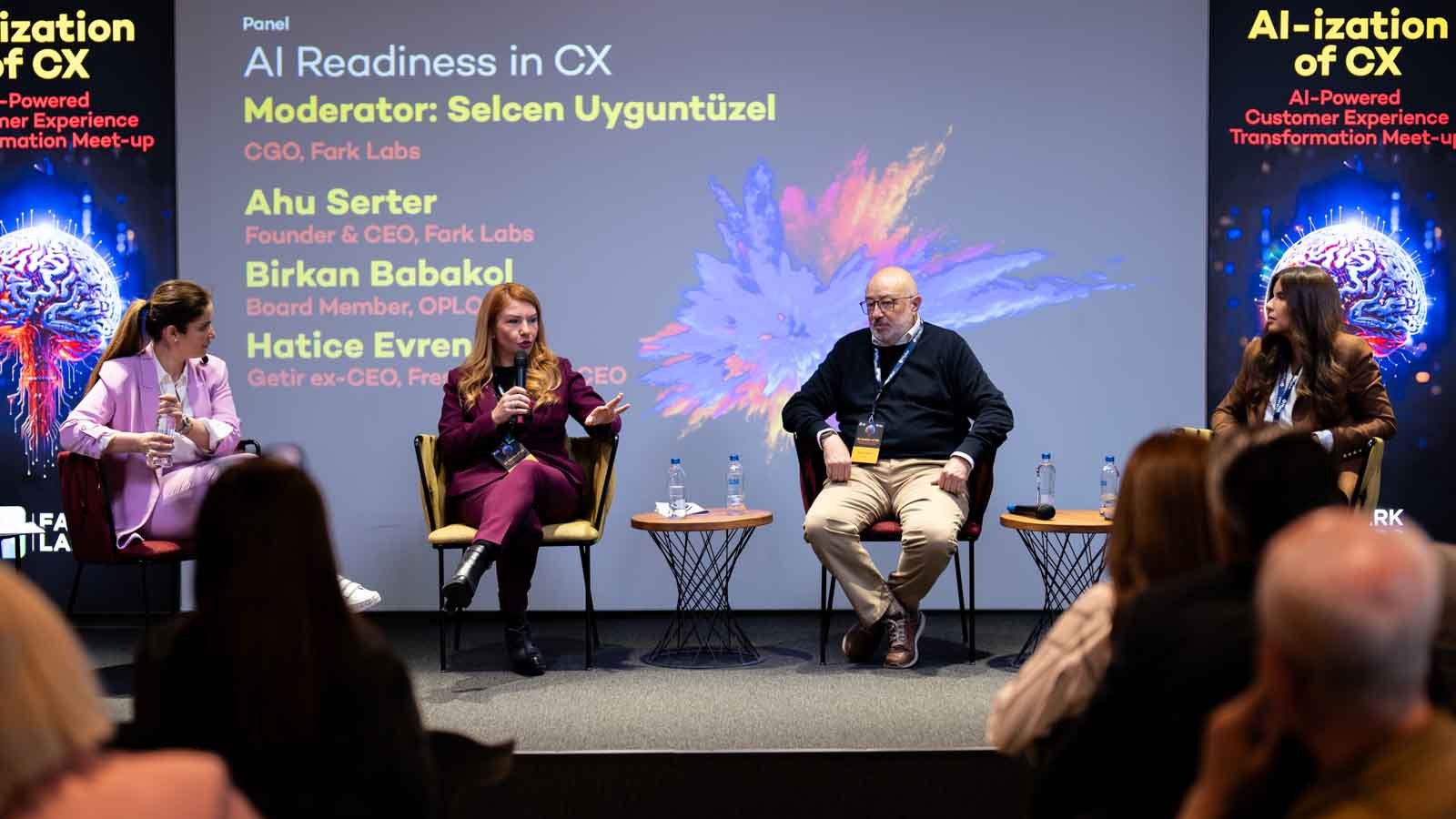With the rapid advancement of technology in today’s world, the concept of the Internet of Things (IoT) has become central to our lives. IoT is a system where objects can communicate and share data with each other over the internet. This technology is increasingly impacting various sectors and different aspects of our daily lives. In this article, we will discuss the role of the Internet of Things in our daily lives and the benefits it brings.
Smart Home Systems: In today’s world, smart home systems are one of the most notable and effective applications of IoT technology in our daily lives. By making our homes smart, these systems offer advantages in areas ranging from energy efficiency to security. Smart thermostats automatically manage indoor temperature and cooling systems and can adjust settings based on human presence detected by motion sensors. This optimizes energy consumption and leads to savings on utility bills. Similarly, lighting systems work in a similar manner. Light sensors and timing features ensure that rooms are illuminated only when necessary, preventing energy waste. Door locking mechanisms provide homeowners with secure entry methods through remote access and digital keys. Smart home systems can also detect emergencies such as fires and gas leaks, sending instant alerts and enhancing safety. These systems also enhance convenience; devices within the home can be controlled remotely through remote controls or smartphone applications.

Health Monitoring: IoT includes various devices that help individuals monitor their health status. Wearable devices like smart bracelets and watches continuously monitor and record important data such as heart rate, step count, and sleep patterns. This data helps individuals understand their physical activity levels and overall health. These devices play a crucial role, especially for individuals with chronic illnesses or health goals. The monitored data can be shared with doctors to enable personalized health management. For instance, a customized treatment plan can be created for a patient, or steps required to achieve health goals can be identified.
Transportation Systems: Smart transportation systems aid in optimizing traffic management and transportation infrastructure in cities. Sensors can monitor real-time traffic density, sending data to a central control point to identify congested areas. This data is used to manage traffic signalization and improve traffic flow. Additionally, smart parking systems help drivers locate available parking spots more easily, saving time and reducing urban traffic congestion. Public transportation systems can also be enhanced through IoT. Sensors and data analysis can optimize the frequency and routes of public transport vehicles, ensuring more efficient transportation.
Agriculture and Environment: IoT has brought significant changes to the agricultural sector. Soil moisture sensors, weather forecasts, and monitoring of other environmental factors enable farmers to manage agricultural activities more efficiently and sustainably. These data allow for the optimization of irrigation systems, prevention of unnecessary water consumption, and increased yield. Similarly, smart farming machinery can make processes like soil cultivation and harvesting more efficient. IoT also plays a crucial role in environmental monitoring. Sensors for air and water quality continuously monitor environmental parameters and determine pollution levels. This data can be used to monitor and control environmental pollution.
In this way, the Internet of Things (IoT) technology affects various aspects of our daily lives, supporting a smarter, more efficient, and comfortable lifestyle.

Data-Driven Decisions: IoT simplifies data-driven decision-making in our daily lives. The large amount of data collected from IoT devices is analyzed to derive meaningful insights. For example, data collected by smart home systems tracks our energy consumption habits. This data can reveal information like when more energy is consumed during specific hours and which devices consume more power. Based on this data analysis, ways to conserve energy can be identified. For instance, a plan can be devised to use specific devices at certain times, thereby preventing unnecessary energy consumption.
Efficiency and Savings: IoT enables more efficient use of resources, especially limited resources like energy and water. Smart energy management optimizes energy usage in homes and workplaces. Devices automatically shut down or enter low-energy modes when not needed, reducing energy consumption. Smart agricultural systems optimize water and fertilizer use. Through soil moisture sensors and weather forecasts, the required amount of water and fertilizer for plants can be determined. This prevents unnecessary water consumption and fertilizer use, leading to both environmental preservation and cost reduction.
Comfort and Convenience: IoT makes our daily lives more comfortable and convenient. Devices that can be remotely controlled at home or in the office lead to time and energy savings. For example, through smart home systems, you can control heating or cooling systems remotely even when you’re not at home. Additionally, smart home devices can adjust the temperature to your desired level before you return, increasing comfort while saving energy.

Increased Security: IoT also plays a significant role in enhancing security. Smart security systems provide better protection for our homes and workplaces. Devices like motion sensors, door sensors, and security cameras monitor movements in spaces. Instant alerts are sent when anomalies are detected. Moreover, remote monitoring features allow you to oversee your spaces from anywhere at any time. This increases security levels and helps prevent negative events such as theft.
While IoT brings these benefits, considerations such as data security and privacy must be taken into account. The potential of IoT is substantial, and as a continually evolving field, it will continue to solidify its place in our lives.






































